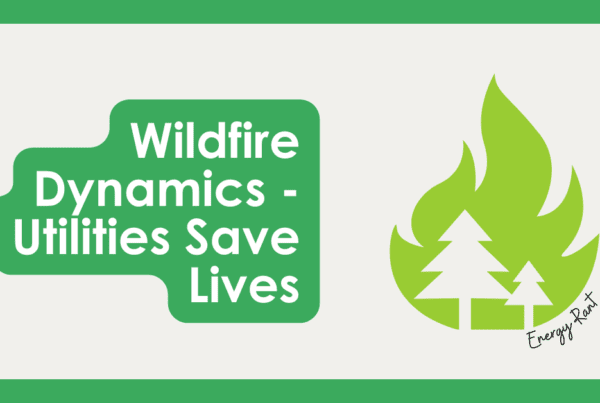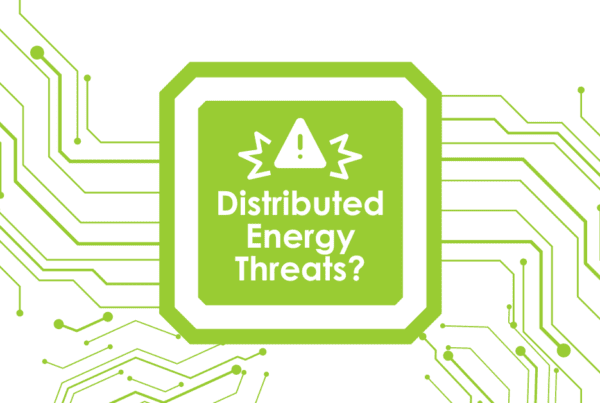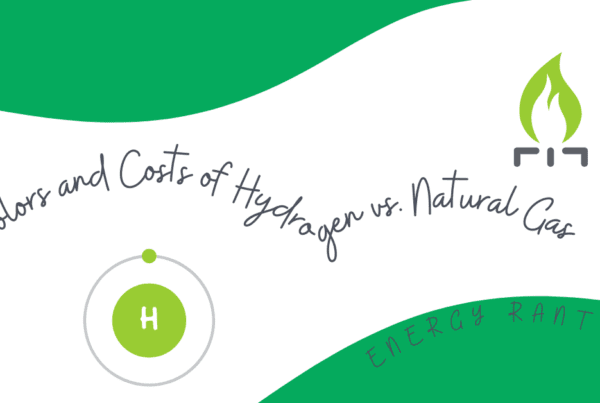Jenny Craig customers do it all the time – pay money to consume less. This may make perfect sense to people who understand customers’ needs, but to others it seems really stupid to pay somebody to help use less of something. This is a bit like utility programs that spend money for customers to use less of their product.
The vast majority of our energy work comes from referrals and repeat clients. On numerous occasions, we seemed to have customers at the tipping point, only to have them bail out at the last minute. Why? The utility introduced us to the client, and knowing that we are more or less paid by the utility to provide energy efficiency services to the end user, they believe this is a conflict of interest and/or they don’t trust the utility to lead the end user to use less of the utility’s product – power or gas.
Memo to end-users: Utilities have to generate energy savings. They have no choice.
Investor owned utilities are in most states fully regulated monopolies. The only way a consumer can buy from another utility in regulated states is to move to a different service territory. This isn’t very practical for a school, hospital, or pretty much anybody. In exchange for a virtually guaranteed consumer base, utilities’ profits and prices are essentially determined by regulators and consumer advocacy groups.
Saving energy, or using energy efficiency as a resource, is less expensive than building power plants, transmission, and distribution systems, Willie Nillie. Therefore, regulators and consumer advocacy groups require the utilities to run energy efficiency programs. As a result, utilities that run energy efficiency programs can either exceed goals or come up short. Guess which outcome the regulators want to see. Get it? If they come up short, raising prices and building required infrastructure becomes really difficult politically – it’s difficult enough anyway.
“Yes, but they’ll just cheat or make up savings”, some people may think. Wouldn’t be prudent. Programs have third party evaluations to determine program cost effectiveness and actual savings compared to utility-claimed savings. Lousy energy-saving estimates will come back to bite the utility hard. This is detrimental to their next rate case, which is a request to raise prices and therefore, profit.
Smart utilities will genuinely encourage and achieve greater savings for their customers, first because they have no other choice, but second because reducing their customers’ costs improves their bottom line. Like paying taxes, it is better to have a customer that pays a little less than none at all after they flee the service territory or go broke. Moreover, if the customer is more profitable, eventually they will expand their business and use more energy, but efficiently.
To sum things up, utilities have to save energy or making return on investment for their shareholders gets really difficult. Saving energy for customers also improves the bottom line resulting in long-term customers that will hopefully expand business in the utility’s service territory.
When the utility wants to help you save energy, believe it.





